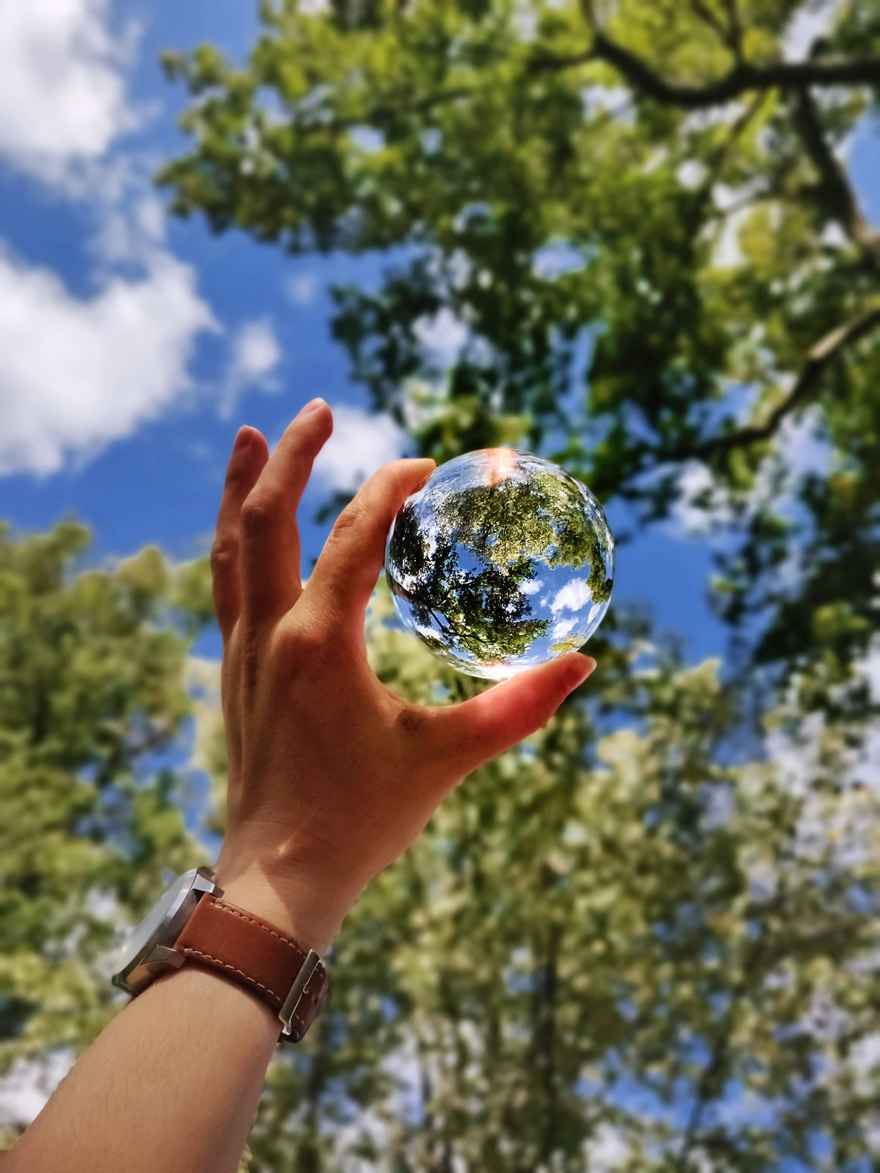Making a difference - the missing chapter in the leadership books

One of the aims that comes up often in our courses is the wish to make a difference…
To be someone
To have impact
To change the world
To be known
To leave a legacy
To make our way into the history books
We could take this at face value…
Most books and courses on productivity, influence, courage, knowledge, experience, effectiveness, impact, vision, charisma, leadership and focus do just that.
They dive straight into the ‘how…?’ without pausing to question in any way the model of reality that will be the foundation for this influence.
Which is ridiculous really when we think about it.
Ridiculous because all actions come from a conditioned programme of self, other and the world, that looks absolutely real.
When this conditioned programme is one of desperate need, shame, fear, lack and insecurity, our behaviour is always an attempt to escape this desperation in whatever means seems to work - no matter the damage to self or other.
When we are deeply confused, greater leadership skills only increase the scale and severity of the damage.
In other words, having the skills to make things happen is a serious problem for everyone, including ourselves, when the actions are coming from a foundation of absolute insanity.
The worst atrocities in humanity’s history looked absolutely justified to their perpetrators.
Hitler thought his actions were spiritual and sanctioned by God (“I believe that I am acting in accordance with the will of the Almighty Creator.”)
Anders Breivik believed he was a 'hero of Europe’ (“I acted on the principle of necessity on behalf of my people, my religion, my city and my country.”)
Peter Sutcliffe believed he was creating a better world, ‘The women… were filth. I was cleaning up the place.’
‘Well obviously, Clare’ you might say, deeply offended. ‘I’m not Hitler. I’m not insane. My intentions are good and honourable. I only want my impact to be beneficial for humanity or for the planet’
Nevertheless, the question remains:
Really, how do we know what is good for us, good for the world, good for other people, good for the planet?
We think we know. We have to think we know. There is no choice in what is believed. And there is no possibility that what is believed appears as anything other than reality.
But all models of reality that are based on separation between the self, other people and the world are insane.
It’s just that some are more extremely insane than others.
All models of reality that are based on the apparently objective perception of self or other or on an individual separate decider or chooser are confused.
It’s just that some are more extremely confused than others.
And if we are honest with ourselves we will have our own examples either past or present of harm to self and other. Actions that look absolutely justified in the moment but which in a clearer state of mind would not be carried out.
The question ‘How do we know what is good…?’ is the question, ‘How do we know we are sane’.
The answer is always: we don’t know.
The identified mind, the mind that believes in ourselves as separate from the people out there we think need to protect or change or silence or get rid of in some way is never sane.
It is a mind lost in its conditioning, in acquired beliefs. Because there is no objective reality. There is no separation between the identity and how other people appear. There is no individual decider of actions. All of it is coming from what is believed.
Insanity increases as conviction of separation increases. Hatred, fear, resentment and judgement are good signs that the mind is lost in its own constructs.
The only sanity is the realisation of this. To understand the mind. To see the power of belief.
Instead of trying to make an impact in a world that looks separate from us, we can put all attention and curiosity to the questions:
Who or what am I?
What is reality?
We can keep asking these questions until it becomes clear that we are the source of it all. Our perceptions, our resistance and resentment, our behaviours are fixing in place whatever we are most against.
This ultimate accountability, this humble ownership is the ultimate in leadership.
Power instead of force as David R Hawkins would say.
Light driving out darkness, love overcoming hate as Martin Luther King told us.
A conscious mind settling back into awareness, observing thoughts, emotions, behaviours and reactions, observing the impossibility of there being any separation makes all the difference that anyone could ever wish for.

1 comment
wow ! Beautiful xx
Leave a comment
Please log in or register to post a comment